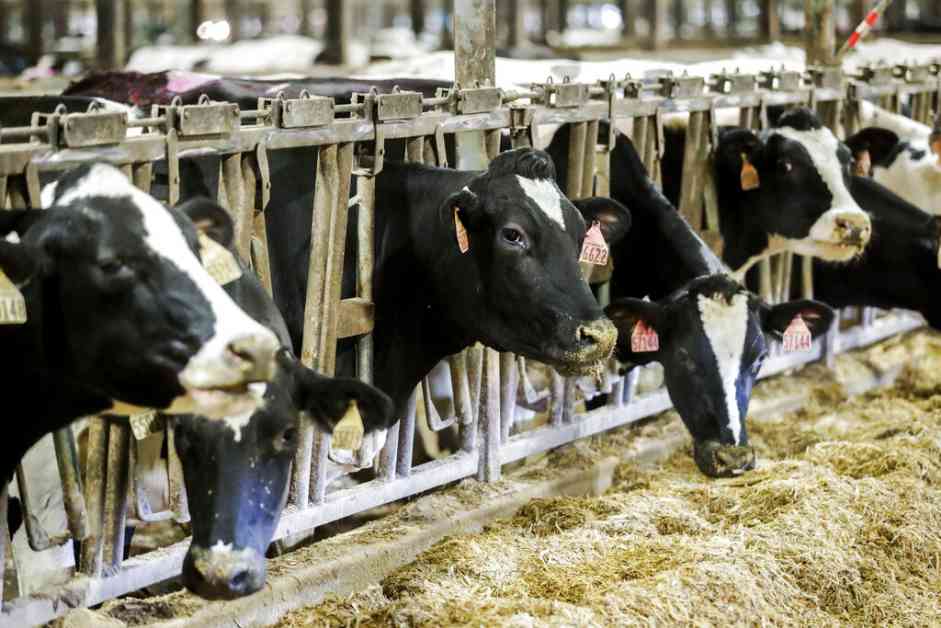USDA Mandates Testing of Raw Milk for Avian Influenza
The U.S. Department of Agriculture made a groundbreaking announcement on Friday, issuing a federal order that will revolutionize the dairy industry. In an effort to combat the spread of the highly pathogenic avian flu, the USDA will now require all raw, unpasteurized milk to undergo testing for the H5N1 virus. This move comes after 718 dairy herds across 15 states have already been impacted by the virus, according to data from the Centers for Disease Control and Prevention.
The New Testing Strategy
Developed in collaboration with state, veterinary, and public health stakeholders, the USDA’s new testing strategy aims to track and identify which dairy herds are infected by the avian flu. By implementing this mandatory testing, officials hope to gain a better understanding of how the virus spreads and swiftly identify infected states and specific herds within them. Agriculture Secretary Tom Vilsack emphasized that this initiative will not only increase the safety of farmers and farmworkers but also play a crucial role in controlling and stopping the virus from spreading nationwide.
Protecting Farmworkers and Consumers
One of the key benefits of the new federal order is the protection it offers to farmworkers and consumers. By requiring sample testing of raw milk, the USDA aims to lower the risk of exposure to the virus for those working on dairy farms. With 58 confirmed cases of bird flu in humans in the U.S., most linked to interactions with infected cattle, the importance of this testing cannot be overstated.
Implementation and Impact
The first round of testing under the new requirements is set to begin the week of December 16, according to the USDA. Some states, like Colorado, have already taken proactive measures by implementing mandatory testing. This comes after a farm in California had to recall its raw milk products due to the presence of the bird flu virus. Health officials continue to stress that pasteurized milk is safe to consume, as it undergoes a heating process that kills harmful bacteria.
As the dairy industry adjusts to these new regulations, it is clear that the USDA’s mandate will have a significant impact on dairy farmers, farmworkers, and consumers across the country. Stay informed on the latest developments by signing up for the Headlines Newsletter for up-to-date information.
